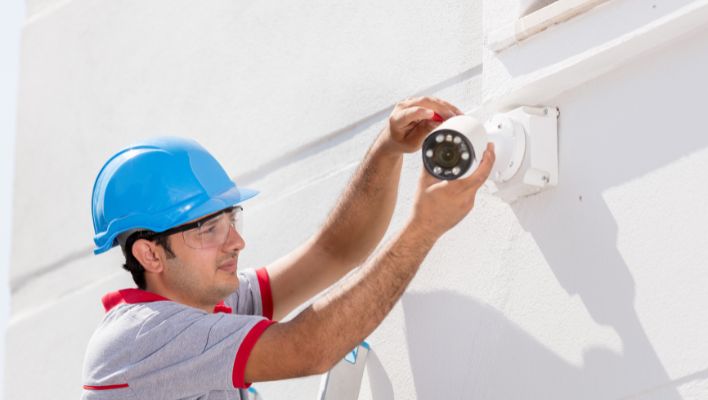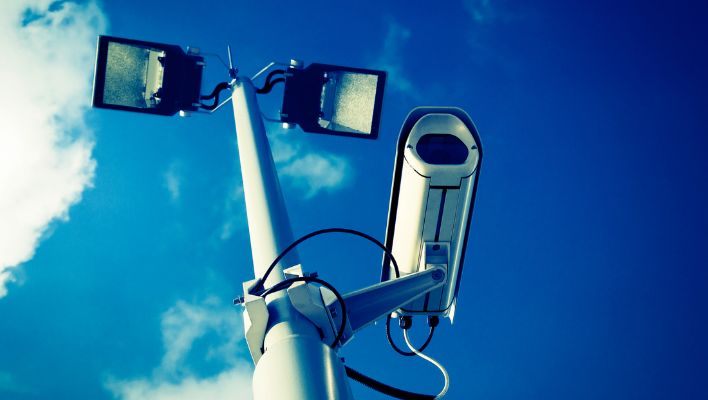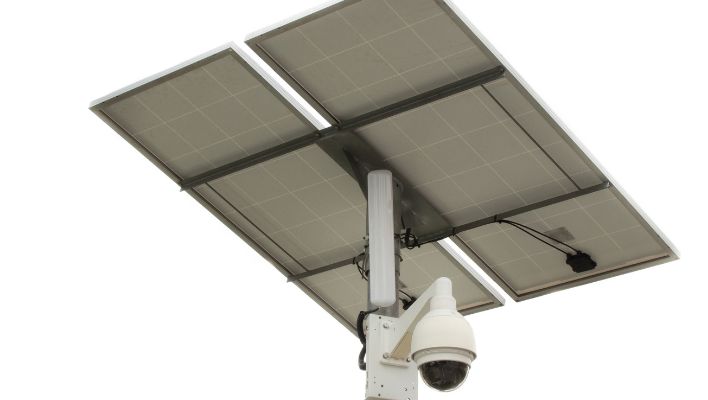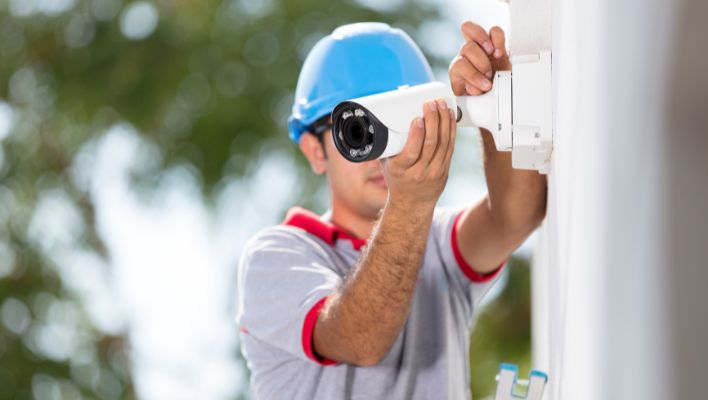The instant answer is that security cameras will not work when there is no electricity. But this answer is more complicated than that. We know, security cameras are a vital part of any security system, but they can be a little tricky to install. One of the most important questions when installing security cameras is whether or not they need electricity. The answer to this question depends on the type of security camera you are using. Many security cameras, especially those that are wireless, do not need to be plugged into an electrical outlet. However, there are still many questions about security cameras, and one of the most common questions is “Do Security Cameras Need Electricity?”

Whatever, there are some security cameras that do require electricity. Let’s take a closer look at some of the different options. Here are some of the most common ways to power security cameras. The best way depends on the needs of the device.
Security cameras are one of the most important tools in keeping your home or business safe. But do they need electricity to work?
Most security cameras are powered by batteries, and many of them are solar powered. This means that as long as there is sunlight, the camera will continue to work.
Can security cameras work without electricity?
Security cameras are a vital part of any security system, but what happens when the power goes out? Can security cameras work without electricity? Many people don’t realize that security cameras need a constant power supply in order to work properly. Without power, security cameras are nothing more than expensive pieces of metal and plastic.

Most security cameras will continue to work even if the power goes out. However, there are a few things to keep in mind are stated below:
Plug- in Security Camera System
The best way to power surveillance cameras is to connect them to an electrical source, such as a power strip or existing electrical cable. Many plug-in cameras have backup batteries, enabling them to operate during a power cut. Backup batteries have a limited lifespan, depending on how much power they store.
Wireless Security Cameras System
There are several ways to power security cameras, both wireless and wired. Wireless cameras, however, must be plugged into an electrical outlet. Plug-in security cameras require electricity.
Battery-powered cameras
Battery-powered cameras require only a tiny amount of power. Some models operate on solar energy, and some are battery-powered. Battery-powered security cameras are a good option if you want a low-cost, maintenance-free solution. However, batteries need to be recharged periodically, and some require extra power to function
Solar-powered cameras
In this case, a solar-powered camera may be the best option. In addition, solar-powered cameras can operate on a limited power level to stretch batteries. Some cameras also have local storage to save battery power. This prevents the camera from constantly transmitting data to the cloud. But they can be more expensive. So, POE-powered security cameras are a great option for those who already have a POE network in place.
Ultimately, you should choose the best option for your home and budget. Once you have decided which option best meets your needs, you can purchase your choice’s surveillance camera. This will ensure you have the best security for your home.
How to Save Money on a Home Security Cameras System?
Security cameras are a vital part of any security system, but they can also be a major drain on your electricity bill. Here are a few tips to help you save money on your security camera system:

1. Using solar power: Solar power is a great way to power your security cameras. Solar panels can be used to charge a battery, which can then be used to power your cameras. This is a great option if you live in an area with a lot of sun.
2. Keeping battery backup: A battery backup system can be a great way to keep your security cameras running in the event of a power outage. This way, you can be sure that your cameras will still be working even if the power goes out.
3. Use low-power security cameras: There are a number of low-power security cameras on the market that can help you save money on your electricity bill. These cameras use less electricity than traditional security cameras, so they can be a great option for those looking to save money.
4. Use energy-efficient lighting: If you have security cameras that need to be used at night, consider using energy-efficient lighting. This type of lighting uses less electricity than traditional lighting, so it can help you save money on your electricity bill.
5. Use a timer: A timer can be a great way to save money on your electricity bill. You can set the timer to turn off the security cameras when they are not needed, such as during the day or when you are home.
Through following these tips, you can be sure that you are saving money on your security camera system. These tips can help you keep your electricity bill low and still have the security that you need.

